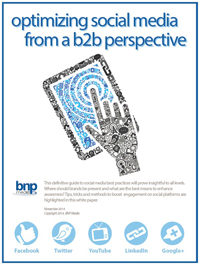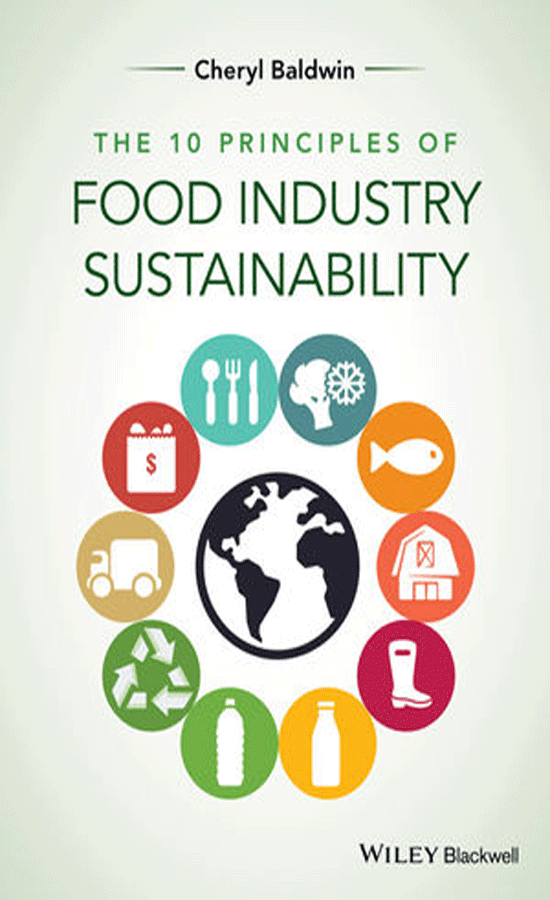Greater consumer demand for sustainable products and corporate transparency are driving meat manufacturers to implement new processes to boost sustainability initiatives. For example, meat-product manufacturers are using technologies with variable-speed drives to minimize energy usage and carbon footprint, as well as implementing packaging to prolong product shelf life and reduce food waste. But sustainability is more than trimming material and energy waste (although both are important); it’s an ongoing journey that’s integral to packaging, processing and bottom-line success.
Get equipped
Today we see many meat brand owners hiring full-time sustainability experts just as they would hire a CFO — and for good reason. Sustainability is a business process, not a stand-alone project, and the goals of the program must be in line with the goals of the business.
Putting the right experts in place, and giving them direct access to other corporate decision makers from the plant floor to the C-suite, makes it easier to integrate sustainability measures throughout the business. That includes equipment purchases, transportation and building facilities. It also aligns expectations for success, setting the company up to measure and communicate sustainability wins.
Set the bar
There are as many ways to measure the success of a sustainability initiative as there are businesses. Many companies track energy and utilities savings. Manufacturers can also measure reductions in material waste along the production line or reductions in fully costed waste after the product hits store shelves. Sustainability initiatives shouldn’t be seen as an extra burden. When effectively executed, they should have a positive impact on efficiency, resulting in cost, energy, material and labor savings and streamlining processes.
No greenwashing!
A successful sustainability message makes consumers more likely to buy into the brand. However, adorning packaging with ambiguous “green” stamps of approval, i.e., “greenwashing”, is easy to spot and more likely to fuel skepticism than brand loyalty. Sincerity counts.
Instead, present specific sustainability accomplishments, and refer consumers to a company website, perhaps one dedicated to its sustainability journey, for more information. This will promote consumer interaction with the brand and foster deeper brand loyalty. Publishing an annual, public corporate social responsibility (CSR) report and a sustainability report will also boost the company image in the eyes of the consumer as well as the industry.
Social-ize
And then there’s social media, which has changed the way brands share and communicate company news. Beyond the data-driven, traditional methods for publishing a sustainability report, the meat industry can look to today’s social media channels. These provide a viable, and effective, medium for engaging customers in a conversation about corporate sustainability efforts.
It’s also a great way to engage the team. Whether they choose Facebook, LinkedIn, Twitter or something else, most employees connect on social media. Let them build the buzz! Establish rules and guidelines for approved social media channels and provide internal resources — including discussion points — and they can proudly and comfortably be brand ambassadors carrying the corporate message.
‘Meat’ at PACK EXPO
Meat manufacturers implementing sustainability initiatives can turn to PACK EXPO International 2014 (Nov. 2-5 at McCormick Place, Chicago) as a comprehensive resource for solutions.
PACK EXPO International will be co-located with Pharma EXPO — an event co-produced by PACK EXPO owner and producer PMMI, The Association for Packaging and Processing Technologies, and the International Society for Pharmaceutical Engineering (ISPE), which will give meat producers a new venue to explore for innovations. Together, PACK EXPO and Pharma EXPO will feature packaging and processing technologies showcased by 2,000 exhibitors, attracting 50,000 attendees. The shows’ many features include The Processing Zone, as hub for processing solutions, and The Reusable Packaging Pavilion, sponsored by the Reusable Packaging Association. To register for the event, visit packexpointernational.com.



